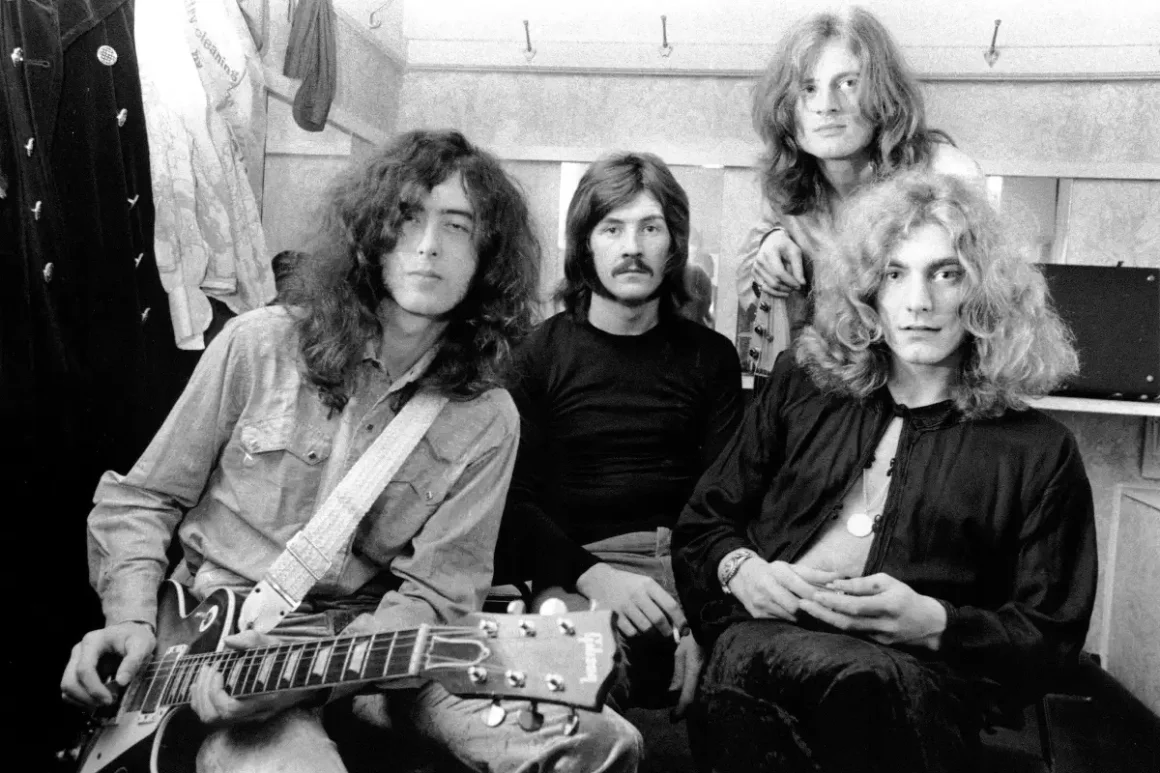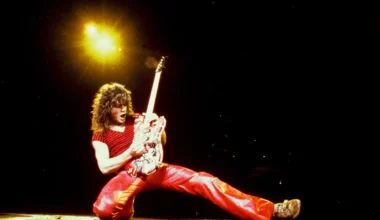Led Zeppelin was touring widely and at the pinnacle of their fame by the time they released Physical Graffiti. The album amply demonstrated their unwavering dedication and talent, despite the seemingly smooth trajectory of their success up until that point leaving many to wonder how they would surpass themselves this time.
It’s safe to say that Physical Graffiti captured Led Zeppelin at their most unadulterated; the pretentiousness and overpolishing of earlier albums completely vanished in favor of a more genuine style. By the middle of the 1970s, the group had repeatedly proven themselves to be leaders in stadium rock. They were also pioneers of fusing classic rock ‘n’ roll with Chicago blues.
The band took full advantage of the extended material to explore even more sonic territories on the album. This allowed them to further develop many aspects of the artistry they had already worked so hard to establish. It’s going from all kinds of extremes in the equation, to use Jimmy Page’s words. I believe we accomplished that with both the first and second albums, but since we have the chance to release a double album, of course, all of these character pieces are part of the multifaceted diamond.
The problem with such tremendous success, though, was that as you soar, the inevitable descent gets closer. The band had planned to resume touring in August 1975 following a brief hiatus. However, things took a dramatic turn when Robert Plant suffered critical injuries in a car accident. They therefore decided to schedule studio time rather than additional tour dates.
Undoubtedly, the release of Presence coincided with an odd moment, but the band was still excited to work on the project even though they couldn’t perform live. Page also decided to put in long hours to finish the album on schedule. Plant was especially irritated that he had to perform vocals while still healing from his injuries. Later on, Plant would admit that he wasn’t particularly grateful to the band for scheduling the sessions. He could have made a speedy recovery instead.
However, Page had a different opinion of the record; he thought it was one of their more straightforward efforts, not because of the musical arrangements but rather because of the attitude the band had at the time. In a 2006 interview with Rolling Stone, the musician described the album as “pure anxiety and emotion.” We were uncertain about our ability to play in the same manner going forward. If Robert’s worst-case scenario had occurred, things might have changed drastically. When it comes to unbroken emotions, being present is optimal.
It was the band’s worst-selling record, despite the album’s strong commercial performance. This proves two things: first, even Led Zeppelin’s least successful album wasn’t bad at all; and second, it’s hard to say whether the follow-up to Physical Graffiti would have been even better than what was eventually released if the band had been in peak form and had waited a little longer before going back into the studio.








